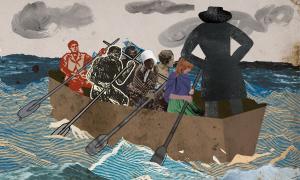lesson
Sensible Consumers
As children use digital media with increasing frequency, advertisers who work with digital platforms continue to understand kids as an ideal target audience. Among other things, this means it is important to help children learn to read online ads sensibly and critically.
September 25, 2017


